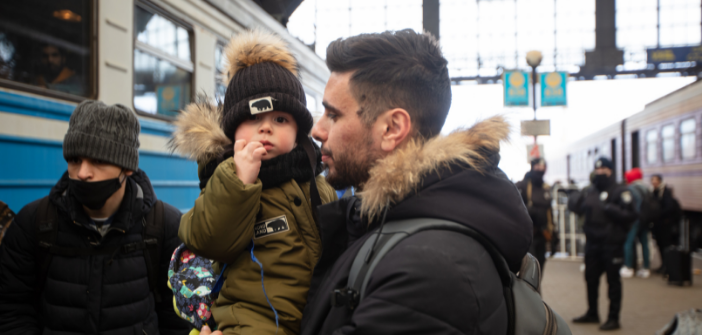For the first time since the Second World War, Europe is experiencing what other peoples have experienced, a massive displacement of population.
We are still struggling to grasp the scale of the number of people who will have to find refuge: the current estimate is that 5 to 6 million Ukrainians will leave their country. Refugees, in the hope and expectation of returning to their homes, most often settle as close as possible, in Poland, Hungary, and Slovakia, but it is evident that many will join the rest of Europe, including France.
Unofficial but realistic estimates put them at several tens of thousands. We have a duty to welcome them.
Yes, one can both rejoice and be startled by the scale and speed of the response: 50,000 accommodation places have been made available for Ukrainian families.
Let’s hope that the Ukrainian refugees, whose lives are so similar to ours and whose misfortune rightly moves us, will be able to melt the cold hearts of those who have tried for years to make people believe that it was possible and even reasonable to erect barbed wire and turn away boats. Because refugee stories are all the same. They tell of nearby solidarity. What is most touching, of course, are the French families who open their doors and rediscover these simple acts of humanity.
Finding meaning in the barbarity that strikes Ukraine is an impossible exercise. Let us hope, at least, to find a resurgence of humanity in it.


